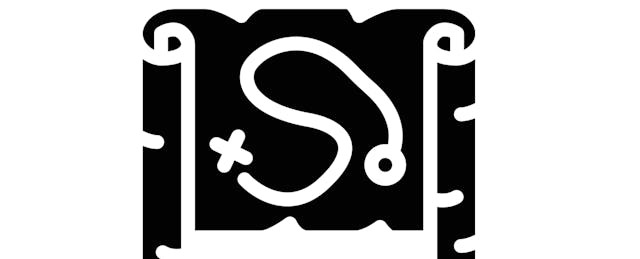Back in 2017, a startup named Coursetune began selling software tailored to a very particular niche: designing curriculum. How that company has grown and changed says a lot about the growth of online programs in higher education.
The biggest change for Coursetune happened last week, when Academic Partnerships, a company that helps colleges set up online degree programs, acquired the curriculum-design company. (The price of the sale was not disclosed.) Academic Partnerships says it plans to eventually offer the Coursetune software as a free feature for its customers, but Coursetune will also continue to operate as a separate unit, and no significant changes are planned for current customers.
There have been other pivots for Coursetune along the way, says CEO and co-founder Maria Andersen, who had at previous times in her career worked as an adjunct professor, a director of learning design at Western Governors University and an edtech consultant.
When she first started the company, she says the focus was on helping professors “tune” their courses to make sure students were learning key points, something that could be used to document course quality for accreditation. “We called it Coursetune because we wanted to get to the continuous improvement—the fine-tuning of curriculum—as it’s used and developed,” says Andersen.
But that wasn’t the feature that college instructors and administrators were most excited about. Instead, customers were interested in the tool’s ability to help “map” curriculum to document what skills and objectives are taught in each course of a major or college degree program. So Coursetune put more energy into curriculum-mapping functions over time.
That aspect also interested Academic Partnerships, says Amanda Smith, chief academic services officer for the company, since such mapping can also help make sure curriculum is teaching skills needed for jobs. “Our mission is to expand access to affordable and workforce-ready programs,” she says. Coursetune, she adds, “helps faculty be able to demonstrate that they’re teaching what they’re aiming to teach. And it helps students see, ‘What’s in it for me.’”
Some professors, especially in liberal-arts courses, have pushed back against the broader trend of stressing detailed learning objectives that Coursetune emphasizes, out of concern that it makes courses too prescriptive.
But as more and more colleges set up online degree programs, many are working harder to convince students that courses will lead to marketable skills.
Coursetune has roughly 50 customers, most in higher ed but some in K-12 and “a few corporate clients,” says Andersen. It has about 26 employees, all working remotely.
Some of the learning management systems that colleges already use do have features that help professors make course objectives clear to administrators and students. But Andersen says that no competitor has focused on the curriculum-mapping as closely. “It’s not something that sells a school on an LMS, and therefore it’s not a major driver of the business,” she says.


